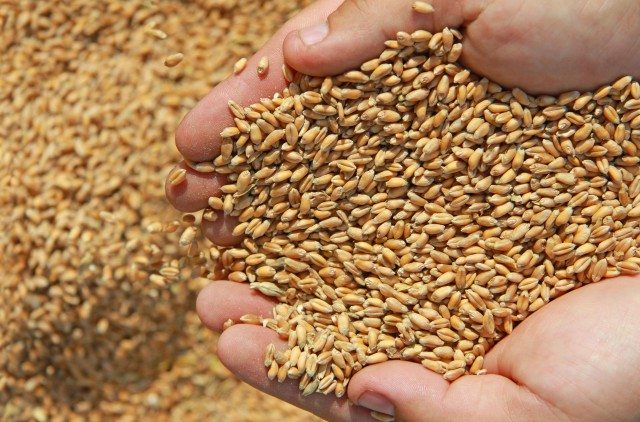The Department for International Development of the United Kingdom (DfID) and the Food and Agriculture Organization of the United Nations (FAO) have signed an agreement that serves as an overarching legal umbrella for collaboration between both partners.
It will cover all future projects for at least 10 years.
By eliminating the need to negotiate individual trust fund agreements for each new project, the new arrangement will save cost and time and make collaboration easier.
Between 2012 and 2015, the UK government has been the third largest overall donor to FAO with contributions exceeding US$360 million.
It has also been one of the few global resource partners able to increase its overall development assistance funding despite financing constraints.
DFID has supported a diverse set of FAO projects over a number of years, targeting problems ranging from the illegal timber trade to a lack of comprehensive agricultural data in many parts of the world.
Enhancing food security
FAO has been supporting Zimbabwe’s most vulnerable people to produce more food, access new markets and expand into new agricultural enterprises.
To support these efforts, DfID is contributing US$48 million to an FAO project under the Zimbabwe Livelihoods and Food Security Program that aims to raise smallholder farm productivity.
The project introduces farmers to climate-smart agricultural practices, increases their access to finance and markets, and encourages communities to grow and consume more nutritious foods.
DfID is also supporting the implementation of the Voluntary Guidelines on the Responsible Governance of Tenure of Land, Fisheries and Forestry (VGGT), with US$7.5 million contribution for research and participatory activities in China, Nigeria and Uganda.
Secure land and property rights are essential to support sustainable economic growth and poverty reduction.
But in most developing countries land tenure rights are ill-defined and ill-enforced, land administration systems are corrupt and markets lack transparency.
The three-year project supports activities to increase transparency in the land sector in Nigeria, design a tenure-reform roadmap in Uganda, and raise awareness about the VGGT among Chinese investors seeking to make land purchase abroad, particularly in rural areas in Africa.
Handling crisis
DFID has also shown continued commitment to strengthening information for action in crisis situations, including contributions of close to US$10 million to improve and expand the Integrated Food Security Phase Classification (IPC) used for food security assessments.
Between 2012 and 2015, some 1900 national experts were trained as IPC analysts to assess and classify food insecurity based on common international standards.
The DFID project has strengthened the way governments in 20 countries apply the IPC and helped develop and apply new protocols for analyzing chronic food insecurity and acute malnutrition.
This, in turn, has increased demand for the IPC tools among decision-makers working on emergency and development programming.
DFID has also supported FAO’s emergency operations that help communities rebuild and strengthen their livelihoods during or directly after conflict and natural disasters with close to US$100 million in contributions over the last decade.
These funds have supported crucial resilience-building efforts in countries such as the Central African Republic, Pakistan, the Philippines, Somalia and South Sudan.










